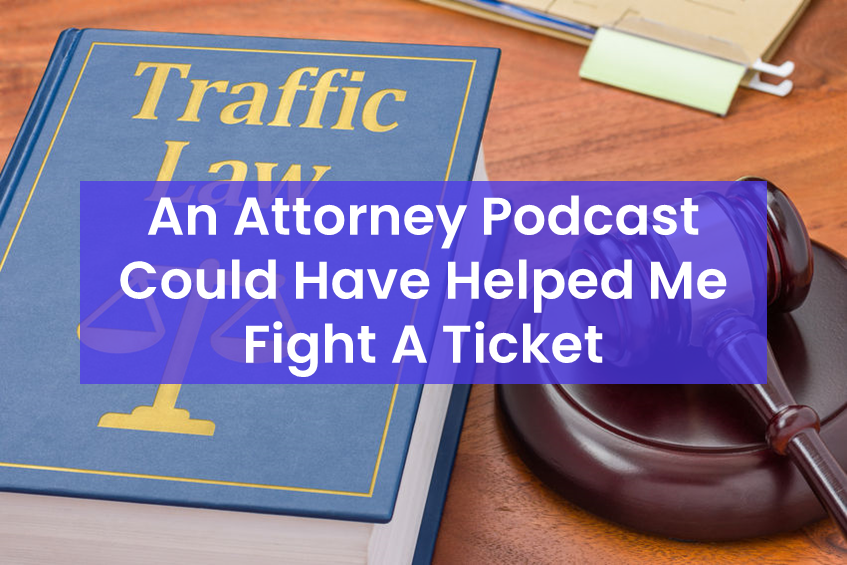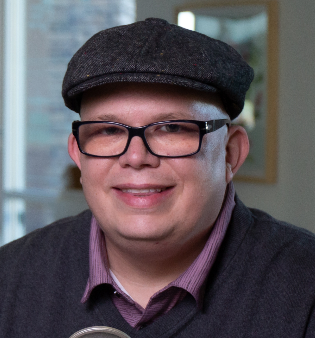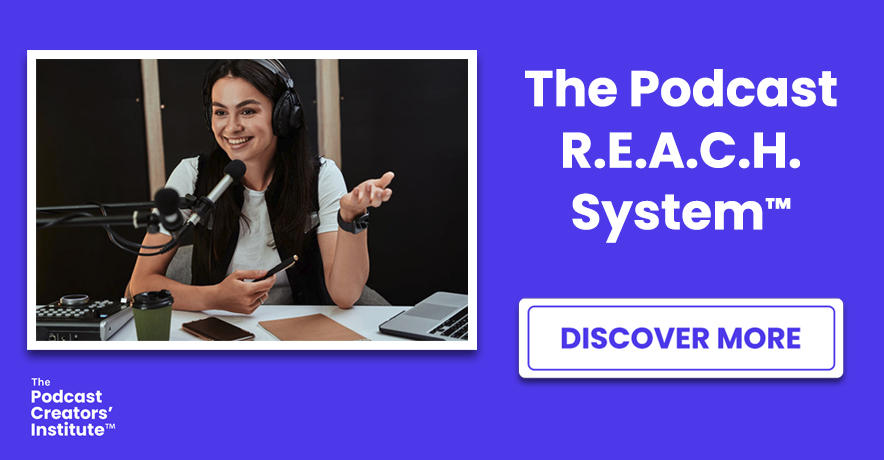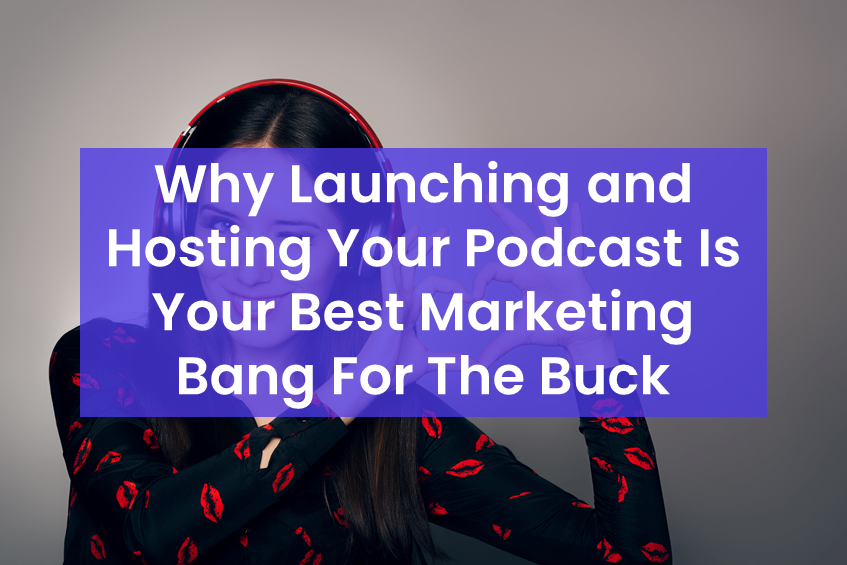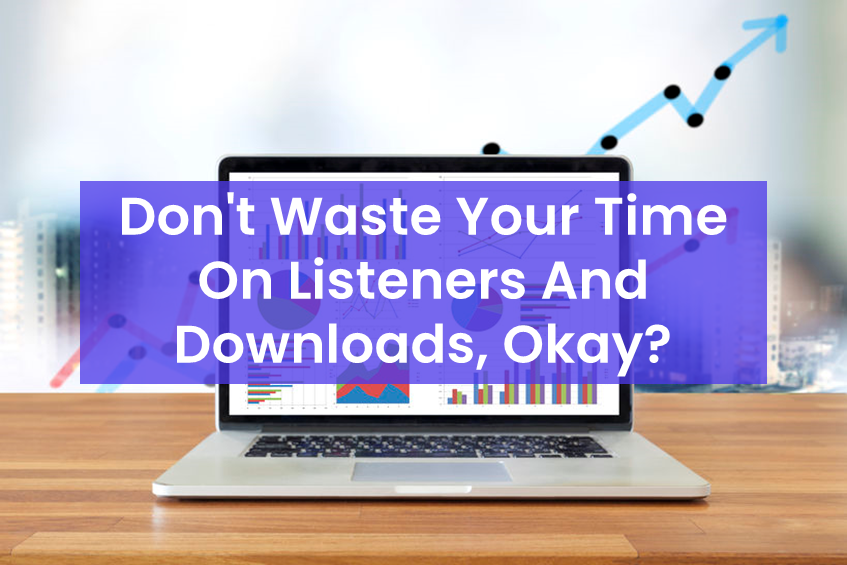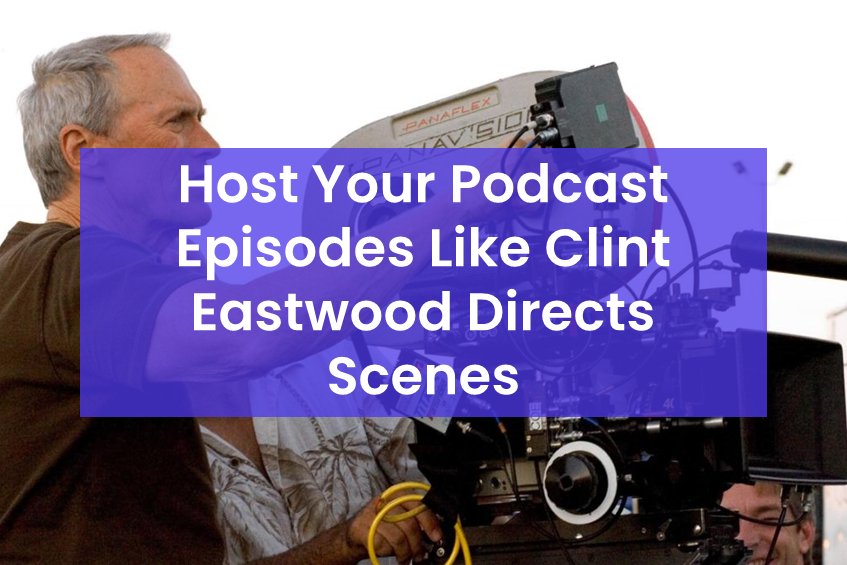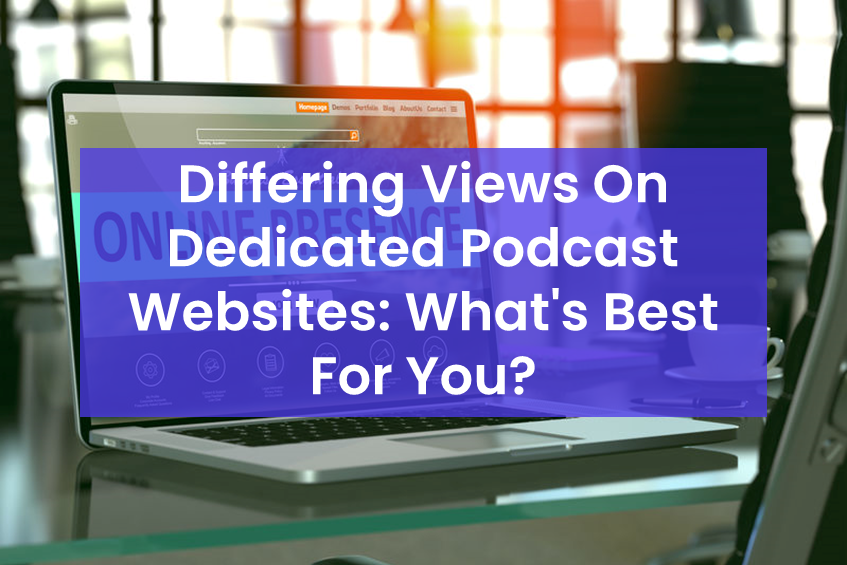Many, many years ago, back when I lived in Pennsylvania, I was driving up to Syracuse, New York to attend a Benny Mardones concert.
As I was cruising along on the Expressway, all of a sudden I saw colorful flashing lights in my rearview mirror.
You guessed it.
A friendly New York State Trooper got this totally off-the-wall idea that I was driving 77 miles per hour in a 55 mph zone.
(Where people come up with these crazy notions, I couldn’t begin to tell you!)
He actually WAS very friendly, but still.
There I Was, Holding An Out-Of-State Speeding Ticket.
What was I going to do?
Plead not-guilty and drive hundreds of miles to make my case to a magistrate in the Town where it happened?
Plead guilty and carry that kind of whopper on my driving record for up to three years?
Damn right I had questions.
Who could provide the answers?
I Binged The Yahoo Out Of The Googles Trying To Figure It Out.
Eventually, I found a helpful blog post written by an attorney who practiced in that Town’s traffic court.
The post was search-engine optimized with content targeted toward out-of-state commuters who received speeding tickets from New York State Troopers on the Expressway and found themselves in predicaments like mine.
Within this post was a set of instructions on how to plead the ticket.
So I Called Up The Town Magistrate’s Office And Gave It A Try.
With all the pleasantness and goodwill I could muster, I spoke with the Town clerk and asked her what to do.
Funny thing – without any prompting from me, she advised me to send a letter using the exact phrase that attorney’s blog post said I should use.
I sent the letter.
Lo And Behold, Golly Gee Willickers, IT WORKED!
A week later, I received a reply from the Town prosecutor letting me know she had reviewed my case and based on the evidence, suggested I plead to parking too far from the curb and running a stop sign.
On the New York State Expressway.
As I read that, I exclaimed, “DUH! That’s what I was trying to explain to the trooper! Why didn’t he believe me? All this drama for…what?!?!”
Overall, it ran me a $200 fine, no need to make a personal appearance, and – most importantly – no points.
Within an hour, I signed the enclosed form, purchased a money order, saw a Notary Public to make it official, and overnighted it via UPS.
Three days later, an envelope arrived containing a receipt for the payment and a statement that the matter was closed.
The “Case” I Am Trying To Make Is, Launching A Podcast Can Get An Attorney More Clients!
Think about it.
In many cases, your prospects don’t need you until they REALLY need you.
When the need suddenly arises, who are they going to call?
The attorney whose name keeps popping up on their social media.
The one who is answering FAQs and giving tips for people who may find themselves needing their services.
The one who everyone is talking about.
The one who is always seen and heard.
(Team-building exercise: who is the #1 personal injury attorney in your city? Say their name out loud.)
I could have found that same traffic attorney if they had a podcast.
In fact, because podcasts are syndicated and appear on multiple websites, I would have been far more likely to find that attorney’s content through one of many different channels than the ONE channel their blog post could be found on.
Imagine, as an attorney, launching a podcast where you can:
Share search-engine optimized short episodes where you explain what information you need clients to provide so you can plead their case
Give helpful guidance on the laws as they stand and what people should do to either maximize their benefits or avoid running afoul, depending on the situation
Interview other experts whose work complements your area of practice to answer questions for your audience (and with whom you can build business referral alliances)
Have an optimized podcast website that attracts prospective clients in your city – like birds to a feeder
Get prospective clients subscribing to you – and telling others about you – as they turn ONLY to you even if it’s just to keep current
Get noticed by the media, so you get the call when your local news program needs an expert for commentary or your local newspaper needs a quote to round out a story
That last piece is important.
Every time I see an expose on the news, a consumer awareness report, or a follow-up on a story about a crime, I see an attorney interviewed to provide additional information that makes the story more clear to the viewer or listener.
When is now the time to expand your reach?


